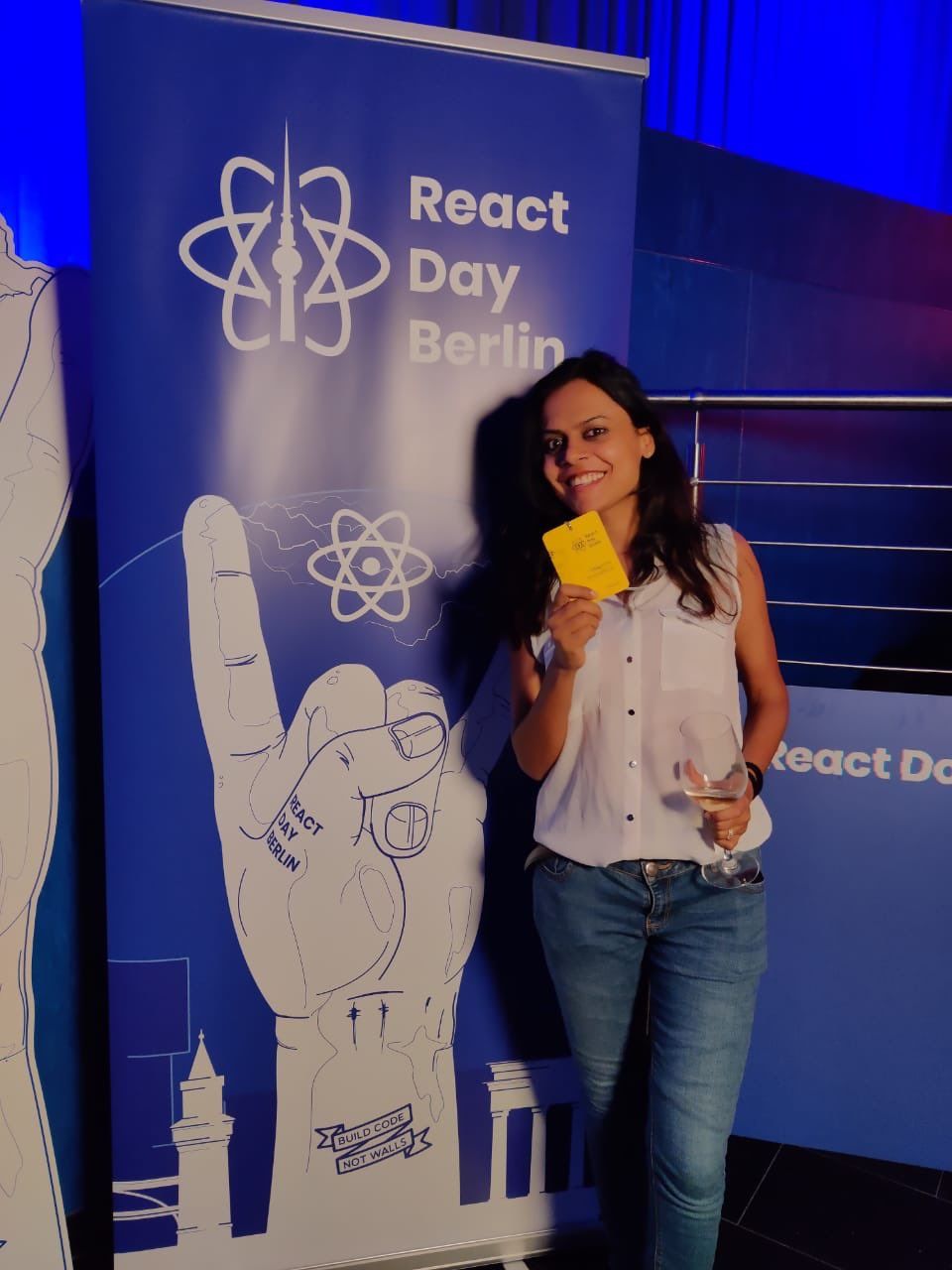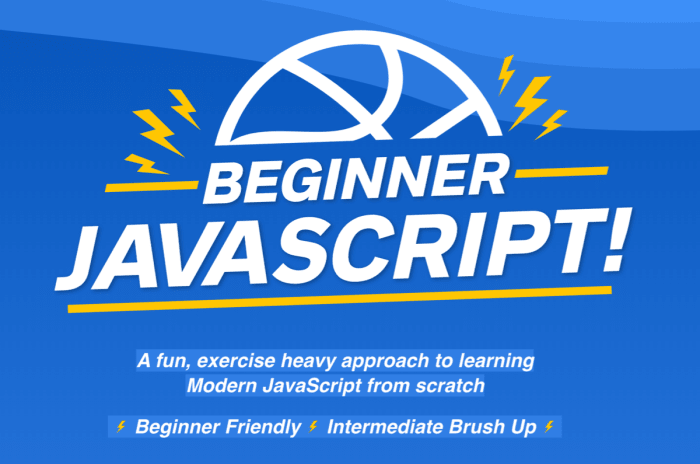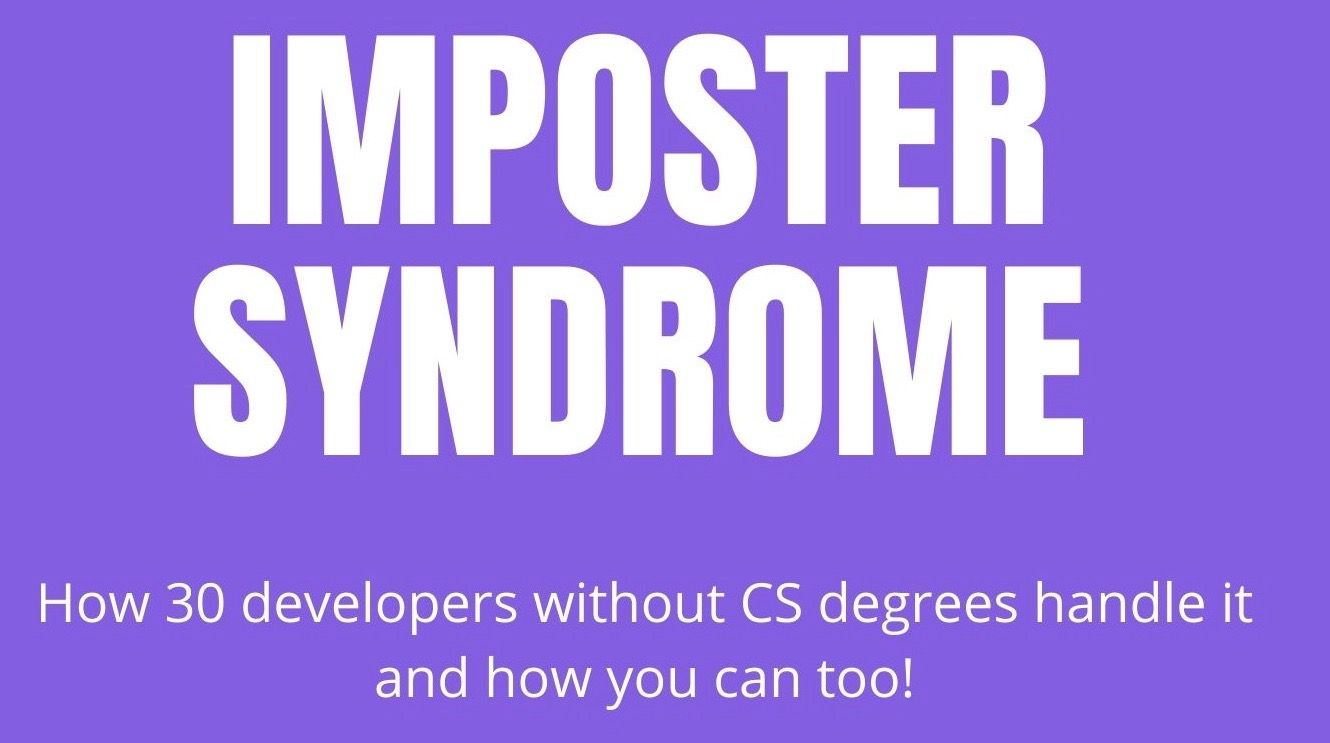I chatted to Meghna about her experience learning to code, her advice for beginners and how she got an entry level software engineer role. Meghna now works as a web developer after having made a career change from dentistry. She also switched countries from India to Germany so she has gone through a lot of changes. This is a great example of the power of dedication and teaching yourself to code!
Hey, can you tell us about yourself?
Hi, I’m Dr. Meghna Srivastava. I graduated as a Bachelor of Dental Surgery from India. I’ve worked at reputed hospitals — treating patients, solving their dental/oral problems. I also worked as a medical writer where I published articles centred around general medicine or diabetology. But, that is in the past. I’m now working as a Software Developer in AUTO1 Group , which is Europe’s largest digital automotive company in Berlin, Germany.
What was it about programming that made you want to change careers?
Honestly, I never in my dreams thought of learning to program. I always assumed that computer science, engineering, or anything associated with computer requires mathematics. I was good at biology and got admission in medical college where I acquired an interest in learning about human anatomy, pharmacology, drug administration and of course human dentition.
I graduated and ultimately worked for a few years as a dentist. Things were not as shiny as they may sound! As a freshly graduated young dentist, I had very few patients. A career in medicine requires a lot of patience in the initial years to get that “break” in life where you make your own name. One needs to practice for 8–10 years in a particular geographical area to get famous so that general public starts recommending you. At least that is the case in my home country.
I was however proud that I’m a Doctor and have this skill to treat patients and relieve them from their pain. It’s a very noble profession. Another limitation was the inflexibility to move from your location because that might mean resetting your name value.
Programming is a great career choice since it solves all of my problems — I can get this freedom to move anywhere and I can still sleep peacefully thinking that I’m valuable to the society since I’m a highly-skilled professional.
How did you learn to code?
I’m entirely self-taught. I learned through online resources. I made my curriculum to learn frontend web development and watched video tutorials on sites like Udemy, Traversy media courses on YouTube, solved coding problems on freeCodeCamp, hackerrank, codewars, codecademy, read numerous articles on Medium, dev.to, or any pages that were on top in Google search result. Whatever topic I chose to learn, I used to google it and read it from multiple resources.
The key thing while learning web development is that instead of getting stuck in just theory or tutorial purgatory, you need to actually build stuff. I learnt it the hard way, after wasting a couple of months, I realised that I’m just following what the instructor in a given video is doing. I’m not actually learning anything. I even quit two or three times before, thinking that I’m too dumb to become a programmer.
That was the moment I stopped watching videos and instead made a fresh repository and planned what I wanted to build on my own. Slowly I assembled all the pieces of the puzzle/app together to make it work. When it all finally clicked and worked, it was a great feeling of satisfaction.
Remember Google and StackOverflow are any developer’s best friends!
How did you first get interested in programming?
My husband motivated me to learn programming. He is a software engineer and when he came into my life, I used to like his lifestyle. He can work from anywhere, change cities/countries without fear of not getting a job. He can work from home or remote and these things were very lucrative for me. I was always fascinated when he used to work on the black magic screen (code editor/IDE).
Around 2.5 years back, he got a job opportunity in Berlin and we moved here. After coming here I could no longer practice as a dentist since my license was not valid. Moreover, to treat patients and understand them better, I had to learn fluent German, repeat some medical classes, clear some really difficult approbation exams and this could have taken a few years.
I had a lot of time on my hands since now I was staying at home all day while I was trying to find out my path as a dentist in Germany. My husband and I thought that this situation can arise again in the future if we move to any other country, so it’s better to choose a career which can give me flexibility. And, that’s how I ended up making my mind to learn programming.
I still remember my husband’s words, “Just because you learned something for 5 years doesn’t necessarily mean that you need to keep doing it for the next 30 years. Choose a career which gives you happiness.”
I want to emphasise that medicine is amazing and a really difficult field! It takes a lot of effort to earn the “Dr” prefix, but it just wasn’t the right fit for the lifestyle I wanted.

Can you talk us through the process of getting your first job as a web developer?
After 8-9 months of learning, I decided that it's the right time to make myself visible in the job market. I knew that there were things that I’ve learned but even more are things that I have to learn. However, it’s important to understand — you cannot learn everything! There will always be something more left to learn. But when you feel confident that you’re able to make small apps, understand why a certain code snippet works in a certain way, you should be confident that you have learned enough.
I made a portfolio with several projects using vanilla JavaScript, React, and also made a full-stack project after learning node and express. I started looking for React/frontend/full-stack jobs. There were rarely any jobs for entry-level devs. Most of them required 3-5 years of experience. I kept applying anyway.
I also used to go to meetups with the hope to learn and build networks, but it didn’t work since I was a nobody. No social interactions helped. All I was doing was applying to tons of places. I think I would have applied at 30+ companies. I got a reply from only 4 of them! All the interviews had 3-4 rounds consisting of HR round, take-home assessment, technical round over Skype and the final onsite interview. I was able to reach till onsite in them, but got rejected in the end either due to me messing up during pairing/live-coding or they straight-away saying that they are looking for more experienced candidates.
Finally in the end, the fourth company offered me an internship for 3 months. It was a paid internship, but the salary was minimal. I accepted it as I focused on experience rather than the money. In the early years, real experience helps you more than how much you make.
I learned a lot there. By the last month of internship I was confident to go for a regular role so I started applying at other places, and that’s how I got this job offer from my current company. I’m grateful that I'm now working with smart and humble people in the industry.
Can you tell us what the average day looks like for you?
Earlier I used to have a 6-days a week job. Now I do 5-days a week, where my office hours are from 9:00–18:00. My team practices agile methodology of software development and we have our stand-ups in the morning where all the team members tell what they did the previous day, any blockers or challenges they encountered and what they plan to do the current day. I think this is really helpful since everyone gets to know what others are working on.
We do 2 week long sprints where we have a grooming/planning twice in a week and a retro meeting once after sprint completion. We use Jira to track work and create story tickets with a number indicating the complexity of the task. Then, each day I work on a certain ticket, make a PR, get it reviewed, tested by QA and then shipped to production. I work in an open-office environment so you can see people moving, talking, having fun. The environment is lively and so is the team. They encourage taking time to learn or ask questions. I really like the industry so far.
Imposter syndrome is common for some developers. Have you ever felt that?
In the tech industry, imposter syndrome is the friend who visits you the most. I almost feel it every other day. When I was learning how to code, things felt super hard. Imposter syndrome used to show up depending on how much I was struggling.
When I got a job as a developer, some days were really hard. It took me some time to realize that as a junior developer I was allowed to make mistakes and take time to learn. The more I learned, the more productive I became for the company and ultimately, the less often imposter syndrome appeared. I finally started feeling more confident in my abilities. However, whenever I come across a new problem or an unfamiliar technology, my brain still screams at me “You’re a fraud!”
I’ve slowly started to observe that imposter syndrome isn’t something just inexperienced people feel. Even the senior engineers and managers feel it. It’s not just me. It’s not just you. It doesn’t matter what level we’re at and maybe if you don’t feel a bit of imposter syndrome, are you really challenging and learning in your role? When I feel imposter syndrome now I remind myself that it’s a normal feeling, or it will get better with time and ask for support when needed.
What is the most fun thing for you about programming?
I really love the fact that I have this ability to build stuff. Earlier when I was in my dental career, people used to respect me since I could build them dentures, crowns, restorations, implants. Now the things are replaced with web-apps, but the pleasure of getting-things-done is still the same. People think that those who know how to write programs are nerds, in reality, that’s not always the case. Programming is common-sense and logical reasoning, we don’t do rocket science! It’s a learnable skill.
How would you encourage someone who wants to learn web development?
Two years ago, I was exactly at the same position you are today. I wanted to choose a career that can give me freedom to work from anywhere, pays well and give respect in the society. I wanted to be part of the software industry as a programmer. But I had no idea how to make it happen.
I had no relevant college degree, no previous coding experience, and I sucked at math. I was always in this doubt that it’s impossible to become a developer. You need to be a genius to become one. How can one get a job without a CS degree? Well, I made it happen. Today, I’m living my dream job. I’m a software developer.
I think programming is something that anyone can learn, irrespective of how old they are. You need hard work, focus and perseverance.
Make a plan. How do you want to learn? How you want to start the journey? When you have no plan, you feel lost. You build a project watching a coding tutorial and then months pass and you are back to ground zero forgetting everything. Decide if you want to go to a coding bootcamp or take online courses. For me, I decided not to attend a bootcamp and self-learn everything. This approach costs far less than a bootcamp but you need strict discipline. You need to make your own curriculum and learn on your own. You should be able to yourself accountable — without a lot of mentorship or support. I decided to go for this route because this way I can opt to learn at home from the best instructors. There are so many online courses by world-renowned developers. I remember when I was taking a course by Stephen Grider on Udemy, he himself replied to my doubts which was great!
Decide what you want to learn. Do you want to become a full-stack, frontend, backend or a mobile developer? What language and libraries will you need to learn? Make a timetable and practice coding. I built the habit of pushing my files with what I learned on Github. It gives tiny green contribution boxes which shows your hard work to recruiters.
I also became active on Twitter and found communities like #100DaysOfCode and #CodeNewbie where beginner programmers share what they learnt. Since I was learning alone at home, Twitter helped me in validating that I’m on the right path and there are more people like me who are dreaming to become a programmer.
Next, decide when will you start applying for jobs? Set a deadline for yourself. It’s awesome to picture yourself as a developer, but the road to get there means early mornings, weekends and late nights of hard work. Give up one thing, so that you get more time to learn. For me, I decided to give up hanging out on weekends. On most Saturdays, I stayed home and programmed.
Keep in mind, there is no magical course or certificate that will turn you into a developer.
Only you can make yourself a developer!
Can you tell us about your plans for the future?
I’ve recently completed my first year working professionally as a software engineer. I’ve also given talks at a local meetup and later an international conference - React Day Berlin.

I’m happy with my progress. The next goal would be to become more competent in my coding skills. I also would like to conduct a web development workshop for absolute beginners and speak at another conference.
A good software engineer never stops learning and I don’t plan to stop anytime either.
Thanks for an amazing interview!
If you enjoyed this article please send it to a friend





